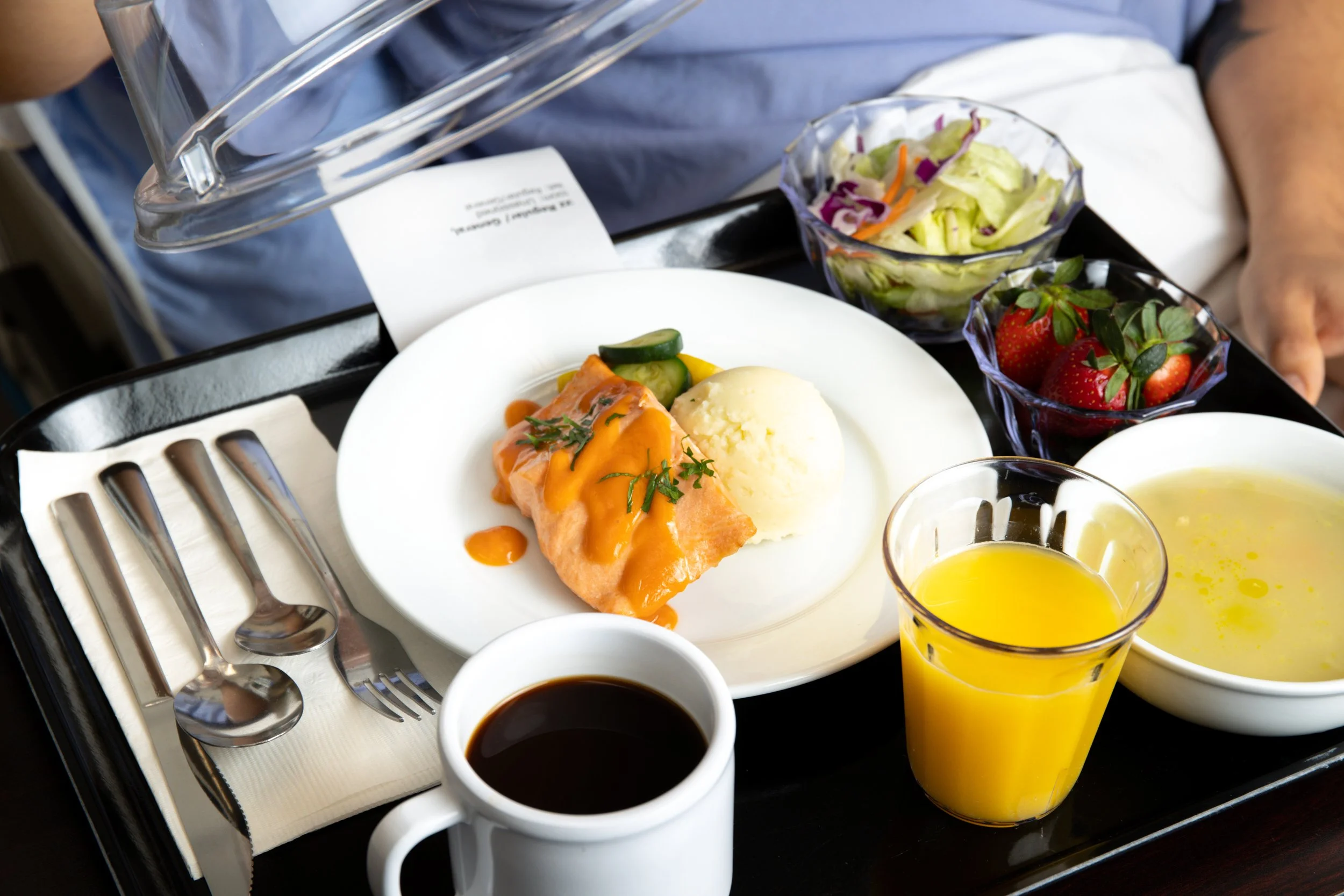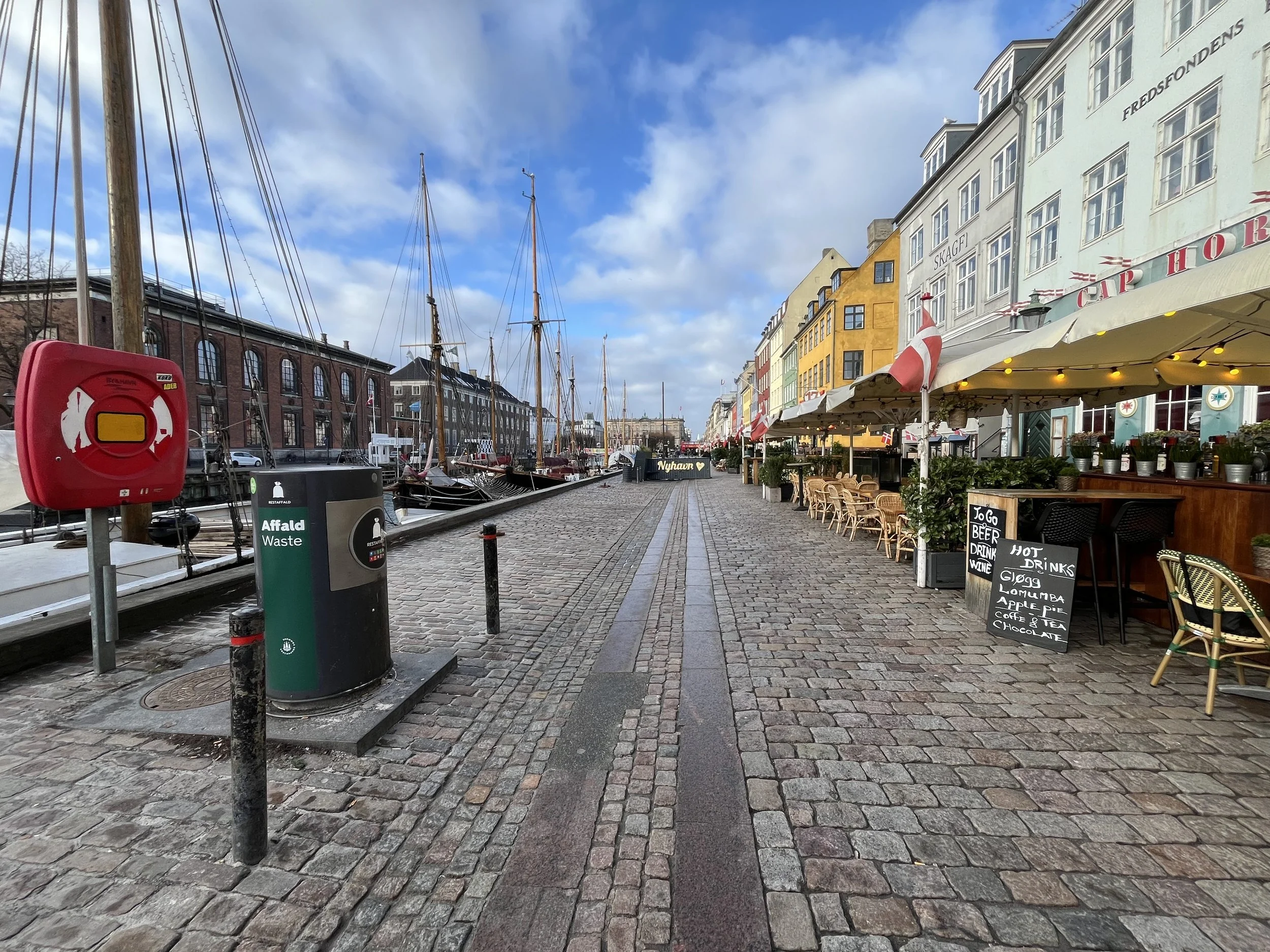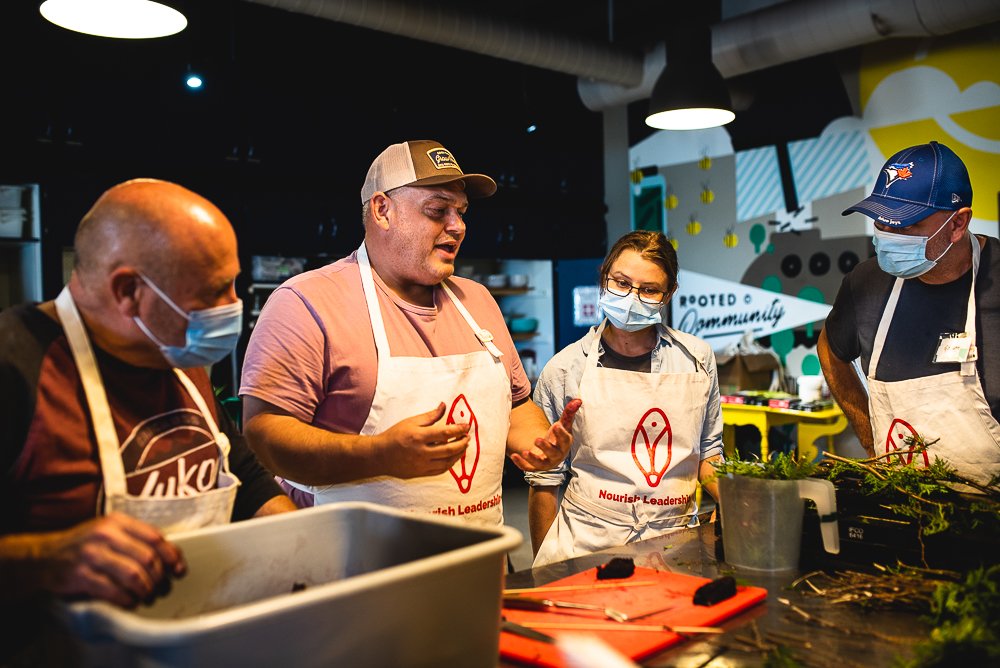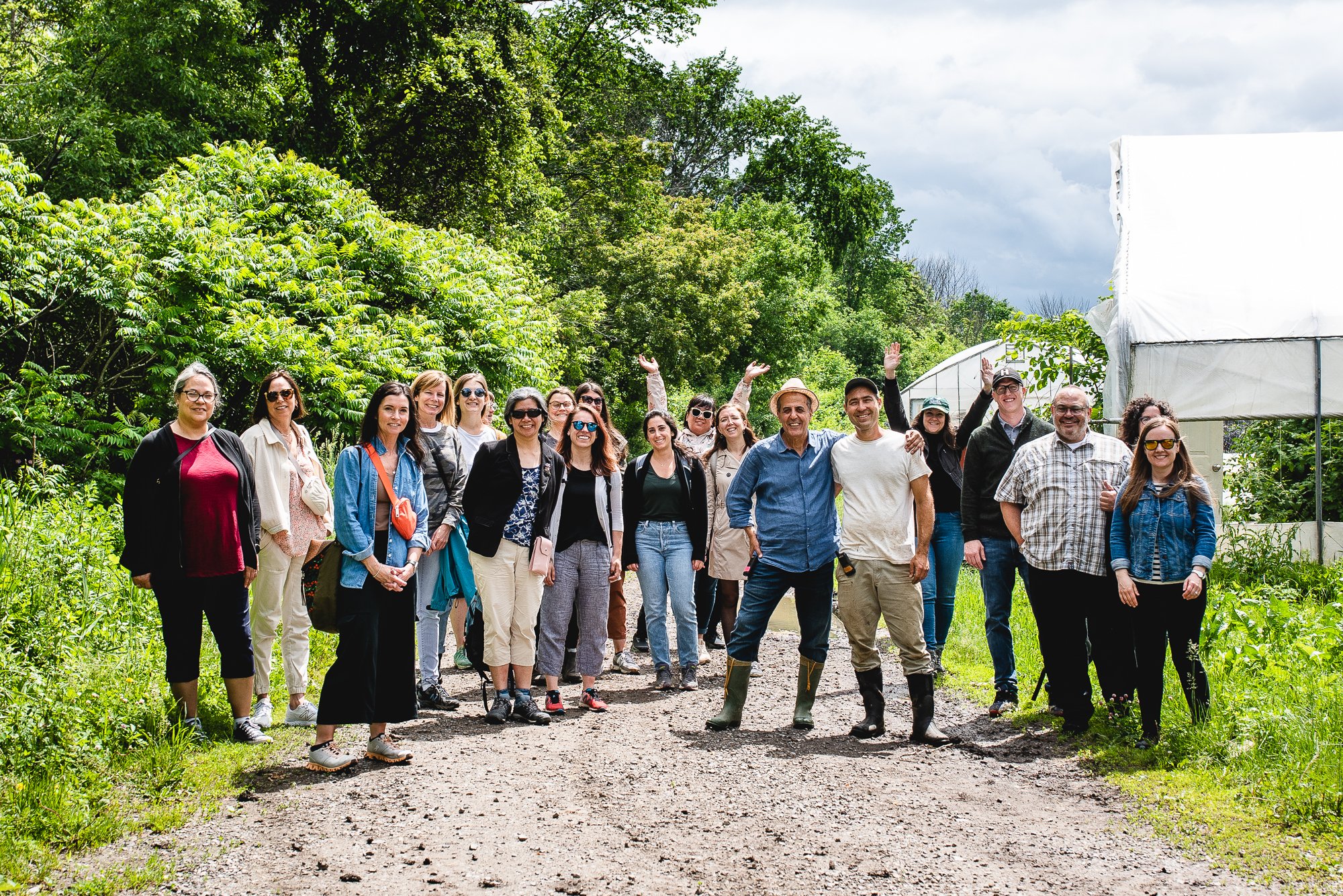As they reach the mid-point of their two-year program, the teams in the third Nourish Anchor Cohort have been making strides, drawing inspiration from diverse experiences and applying their learnings to promote both human and planetary health. Here’s a glimpse into the exciting work of three of the teams: BC Lower Mainland, Newfoundland & Labrador, and London.
BC Lower Mainland Team: Leading the Charge in Plant-Based Health Care
(Team: Fraser Health + Providence Health Care + Provincial Health Services Authority + FeedBC)
The BC Lower Mainland team embarked on two insightful field trips that deeply influenced their approach to planetary health menus. They visited the New York City Mayor’s Office and local hospitals, where they witnessed the gradual yet impactful implementation of plant-based menus, driven not by top-down mandates, but by a collective vision shared by all of their team. This collaborative effort over three years allowed time for recipe testing, staff engagement, and patient feedback, resulting in meaningful and lasting change.
The BC team also attended the Farm to Health Care conference in Pennsylvania, where they learned about regenerative farming and lifestyle medicine. This inspired their team to adapt these concepts within Fraser Health’s in-house retail food services, exploring the potential of utilizing local farmland.
Moving forward, the BC Lower Mainland team is focusing on developing delicious and nutritious plant-based menu for patients, engaging staff to foster their knowledge and appreciation for planetary health actions, and rolling out an affordable Seniors Meal Initiative modeled after a successful program in Pennsylvania.
BC Lower Mainland Team working together to support plant-based foods - Credit Fraser Health
Newfoundland & Labrador Team: Integrating Traditional Foods into Healthcare
(Team: Newfoundland and Labrador Health Services and Food First NL)
In Newfoundland & Labrador, their team has been exploring the profound impact of traditional foods on health and well-being. They’ve learned that traditional foods are not just about what’s on the plate but also how they’re prepared. To respect this, the Newfoundland and Labrador team is focusing on providing appropriate training for kitchen staff and supporting hunting and gathering activities.
One of their significant initiatives was hosting the Country Food Summit, where they connected with leaders like Joseph Murdock-Flowers from the Qajuqturvik Community Food Centre. This event sparked crucial conversations about integrating traditional foods into health care settings and inspired their team to strengthen their supplier relationships and focus on regulatory reform to sustainably incorporate these foods into their health care system.
Moving forward, the Newfoundland and Labrador team is committed to leveraging provincial transformations, such as the merger of Newfoundland and Labrador’s health authorities, to standardize and expand these initiatives across the province.
Nourishing Moose Soup - courtesy of the Long Term Care Facility in Happy Valley Goose Bay and photo credit to Food First NL
London Team: Building Community Connections through Local Food
(Team: St. Joseph's Health Care London + ReForest London + Urban Roots)
The London team’s journey with the Cohort to date has been rich with learnings from various initiatives, including field trips to Bub’z Soup Kitchen and local farms. These experiences underscored the importance of localizing food procurement and engaging the community in the process. Visits to local farms highlighted the potential of expanding their locally sourced fresh produce offerings and inspired the London team to forge stronger relationships with local regional growers.
The London team’s focus going forward includes increasing in-house production of plant-based meals, reducing food waste by creating meals from production overages, and supporting their community through fresh produce initiatives. By involving chefs and staff in these efforts, they aim to promote plant-based foods’ health benefits and contribute positively to both people and the planet.
London’s engagement in the third cohort has been instrumental in inspiring them to connect with key stakeholders, try new approaches, and move forward with initiatives that support their goals of enhancing food systems within health care settings. In recognition of their efforts, London was recently profiled in the 2024 Ontario Ministry of Agriculture, Food and Rural Affairs (OMAFRA) Local Food Report, and Michelle Stranges was also recently honoured as the winner of the “Innovate, Scale, and Spread” event hosted by the Canadian College of Health Care Leaders.
These three teams exemplify the spirit of collaboration, innovation, and commitment to advancing food and planetary health within their communities. Their work not only inspires but also paves the way for sustainable, meaningful change across the health care landscape. We are excited about the collaborations and innovations that will be fostered in the year ahead!
Chefs tapping into the healing power of food - Photo Credit SJHC London











